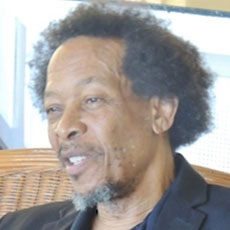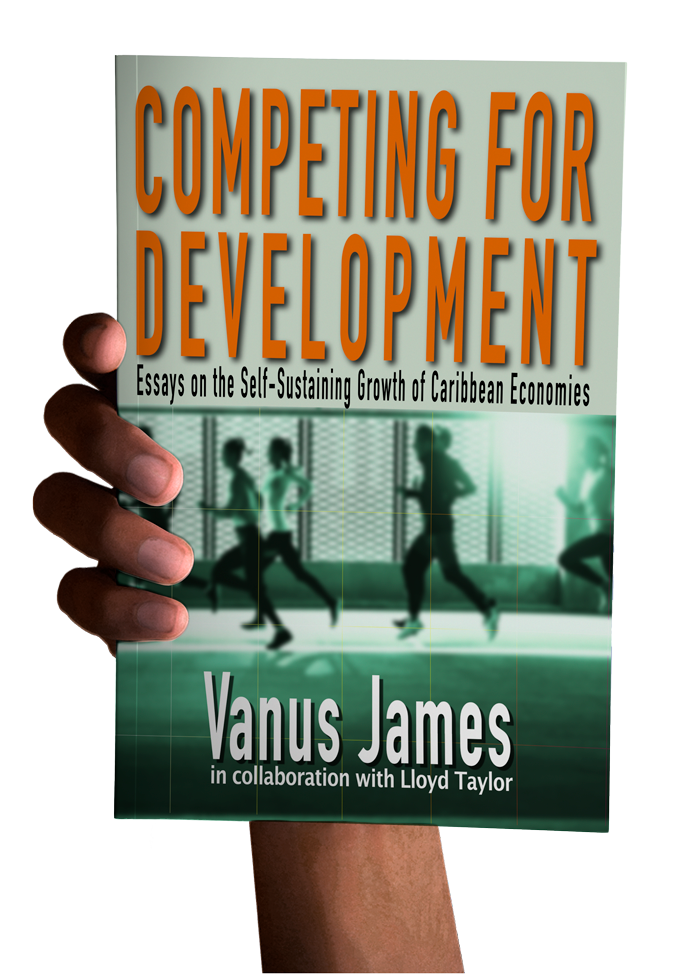
Unraveling the Puzzle of Unbalanced Economic Growth
In the heart of the Caribbean, beneath the vibrant culture and stunning landscapes, lies an economic puzzle that has intrigued scholars for decades: how does a region sustain growth amidst the complexities of the global economy? The latest paper delving into this fascinating subject takes us on a journey through the lens of the Dynamic Input-Output Framework, a concept introduced by the renowned economist Wassily Leontief in the mid-20th century.
By revisiting Leontief's groundbreaking work from 1953 and 1970, the paper offers a fresh perspective on the Caribbean economy's unbalanced growth patterns. It draws inspiration from the pioneering ideas of Lloyd Best, who in 1968 introduced the plantation economy model—a theory that has since shaped our understanding of post-colonial economies in the Caribbean and beyond.
Building on the foundational work of Best and the subsequent explorations by Best and Levitt in 2009, as well as Best and St Cyr in 2012, this paper promises to not only shed light on the historical economic dynamics of the Caribbean but also provide insights into its potential pathways forward. Whether you're a scholar, a student, or simply someone fascinated by the economic intricacies of this vibrant region, this analysis offers a compelling glimpse into the forces shaping the Caribbean's economic landscape.
Embark on a journey of discovery with us—download the attached PDF to immerse yourself in a groundbreaking study that bridges the gap between historical economic theories and the vibrant realities of the Caribbean economy. This paper is more than an academic exploration; it serves as a beacon, illuminating the unique pathways of the Caribbean's economic evolution and its implications for the future. By delving into this detailed analysis, you're not just gaining insights into unbalanced growth and dynamic frameworks; you're unlocking a deeper appreciation for the Caribbean's intricate economic tapestry. Don't miss out on this opportunity to connect the dots between the past and the present, and to envision the future of the Caribbean economy with greater clarity and understanding.
UNBALANCED CARIBBEAN ECONOMIC GROWTH IN A DYNAMIC LEONTIEF FRAMEWORK









